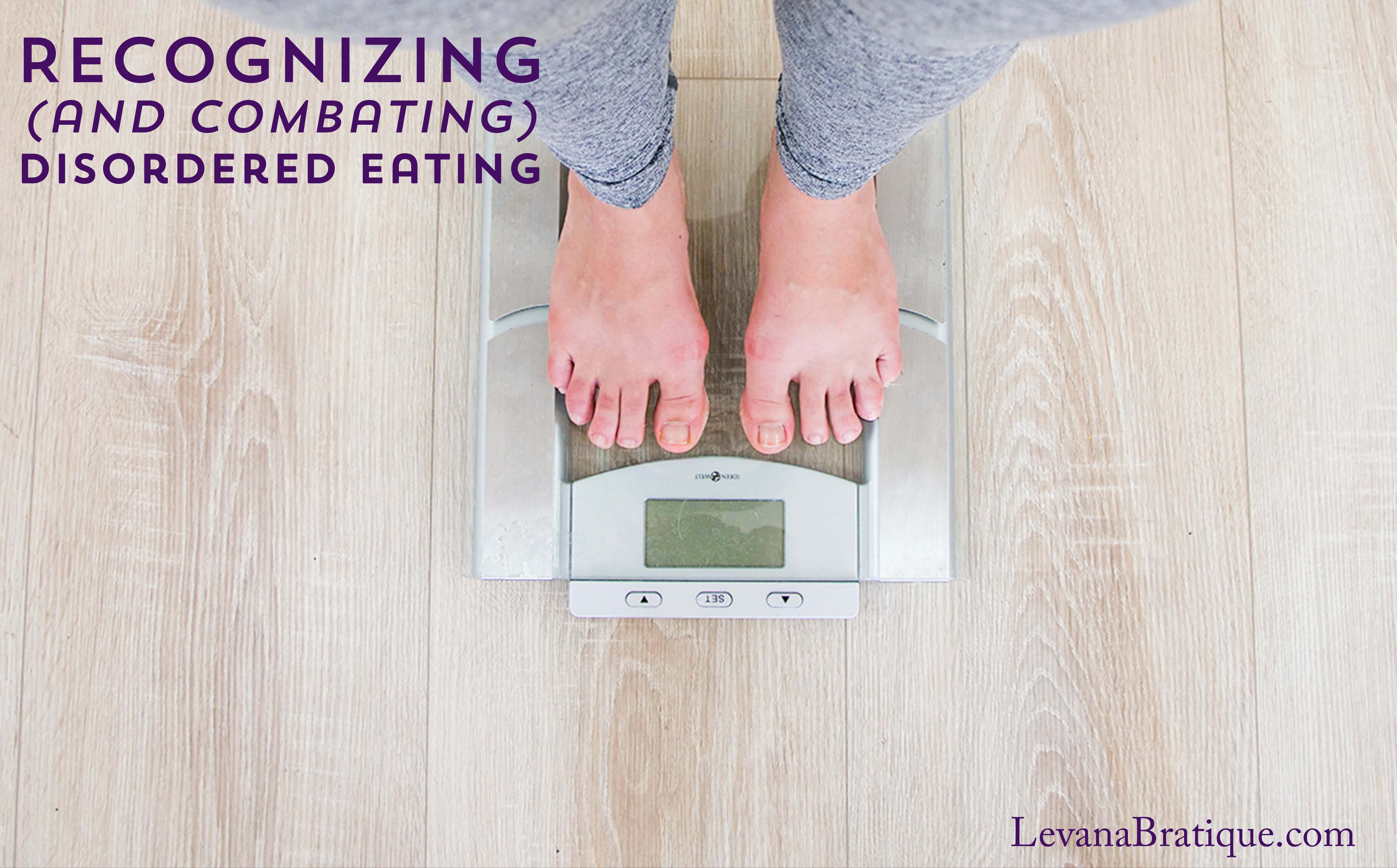Recognizing (and Combating) Disordered Eating
30th Jul 2019

This week, let’s chat about gaining independence from disordered eating. I, for one, eat my feelings. Happy? Let’s celebrate with a cupcake! Sad? I’ll drown my sorrows in a pint of ice cream or an entire pan of brownies! Bored? I’ll mindlessly eat a bag of chips while I binge-watch Netflix.
It turns out most of us do it, at least on occasion. We skip breakfast, eat too much fast food, or eat an entire bag of chocolate, then starve ourselves the whole next day to make up for it. We go off the healthy food plan we set out for ourselves, then feel guilty about it and swear not to do it again. And we don’t, for a few days, or (maybe) a few weeks. Until something happens, and we’re tired, or sad, or bored, or stressed, and we do it again. It can be a vicious, addictive cycle.
So what is the difference between disordered eating, and having an eating disorder? According to Kelty Eating Disorders:
Disordered eating is a term used for unhealthy eating behaviors and worries about body image. It is quite common. Some of the most common types of disordered eating are dieting and restrictive eating. Others include self-induced vomiting, binge eating, and laxative abuse.
Eating disorders are extreme cases of disordered eating. Anorexia nervosa, Bulimia nervosa, and Binge eating disorder are examples of eating disorders. People are diagnosed with an eating disorder only if they meet specific criteria related to body weight and eating behavior. New research is revealing that eating disorders are much like any other addiction- they affect the pleasure centers of the brain much like cocaine or heroin, and can be even more dangerous.
Eating concerns that fall short of an eating disorder diagnosis still deserve attention and treatment, as they can turn into more problematic eating disorders, and put you at risk of serious health problems.
Signs and symptoms of disordered eating may include, but are not limited to:
- Frequent dieting, anxiety associated with specific foods or meal skipping
- Chronic weight fluctuations
- Rigid rituals and routines surrounding food and exercise
- Feelings of guilt and shame associated with eating
- Preoccupation with food, weight and body image that negatively impacts quality of life
- A feeling of loss of control around food, including compulsive eating habits
- Using exercise, food restriction, fasting or purging to "make up for bad foods" consumed
Signs that you should get help from a medical professional include:
- constantly trying different diets to lose weight
- obsessing about food and weight
- fasting, skipping meals, or eating very little
- exercising too much or too often
- trying to compensate for food you have eaten by vomiting, taking laxatives, or other medications to affect your weight or shape
- eating large amounts of food after dinner, or in the middle of the night
- eating to comfort yourself, even when not hungry
- feeling out of control when eating
- feeling guilty about eating
Here are some things you can do to prevent or manage disordered eating:
- Stay away from the diet roller coaster--many diets are too restrictive and can cause a feeling of deprivation which can lead to binge eating. It’s healthier to adopt a more inclusive way of eating that incorporates all foods in healthy moderation. A nutritionist who specializes in eating disorders and adopts a non-diet approach to food and exercise can also be a good resource, particularly with helping you learn your body’s natural hunger and fullness cues
- Engage in physical activities you enjoy, instead of making the goal be a certain amount of time running or calories burned. Take a yoga class, go kayaking, or gather some friends for a hike.
- Be mindful of overly critical self-talk about yourself or your body
- Focus on how you feel, and how your clothes fit instead of achieving a number on the scale
- Therapy can help with working toward body acceptance and exploring the relationship patterns and other issues that contribute to disordered eating
- Consider joining a support group like Eating Disorders Anonymous or Overeaters Anonymous
- Set self care goals
- Surround yourself with a healthy social support system
- Learn healthier ways to self soothe
If you aren’t sure if you may have an eating disorder, this online test is a good way to tell if you have a problem, and if so, what to do about it.
Additional resources:
National Eating Disorders Association
SMART Recovery
Eating Disorder Hope
Helping a friend with an eating disorder
Photo by Gesina Kunkel on Unsplash

